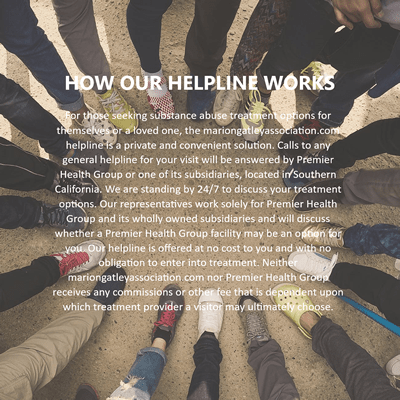When a child grows up in a living space where there is an adult with a drug or alcohol problem, life can be scary and overwhelming. Even if the child does not know exactly what the problem is, they are still able to pick up on anger, tension, and erratic behavior, which in turn may cause them to act out at school or with friends. When a parent or caregiver enrolls in a drug rehab program, another adult family member should take on the responsibility of communicating with the child based on his or her age group.
Younger Than Age 10
Even children below the age of 10 must be spoken to with respect and trust. This enables them to feel safe about expressing their true feelings on the subject at hand. These young minds are definitely able to understand the idea of wanting something so bad despite being told no. By using a similar example, kids can relate this to the idea of mom or uncle wanting more beer even though they know it isn’t healthy for them. Reducing the concepts to good choices and bad choices makes it easier for these younger kids to understand. Very young children only need to be told that their parent is ill and will be spending time with a doctor to get better. This is a very easy concept for them to grasp.
Tweens
Only give them details if they ask. Just stick to the basic facts when you bring up the topic of a parent going to recovery. It is okay to explain to them that addiction is an illness and that their dad needs time to recover under professional supervision to get better. This is not a good time to give sermons or lectures on how evil addiction is. Sermonizing will easily turn the child off from listening, and they will not be able to take in the message that they actually need to hear – that someone they love is sick and getting help for that illness.
Teenagers
This age group requires the most honesty during this discussion. Teenagers have the ability to pick up on the fact that there is more going on than they are being told, and this causes them to become angry or immediately distrust the speaker. A great place to start involves the teen’s experience with the situation. Asking if he or she has noticed that dad tends to drink a whole pack of beer each night after work, or bringing up the time mom needed help after being picked up from a company party allows the teen to ask the questions that he or she may have been holding in for quite some time.
Therapy
It is important to allow children of all ages the chance to communicate with a therapist about their feelings regarding this difficult time in the family’s life. Intervention Drug Rehab Association always incorporates family therapy into their addiction treatment programs so that family members can communicate with the addicted individual about how they have been hurt and create a plan for what life will be like when the family member returns home. Contact our helpful intake coordinators today for more information about everything our drug rehab center has to offer.



